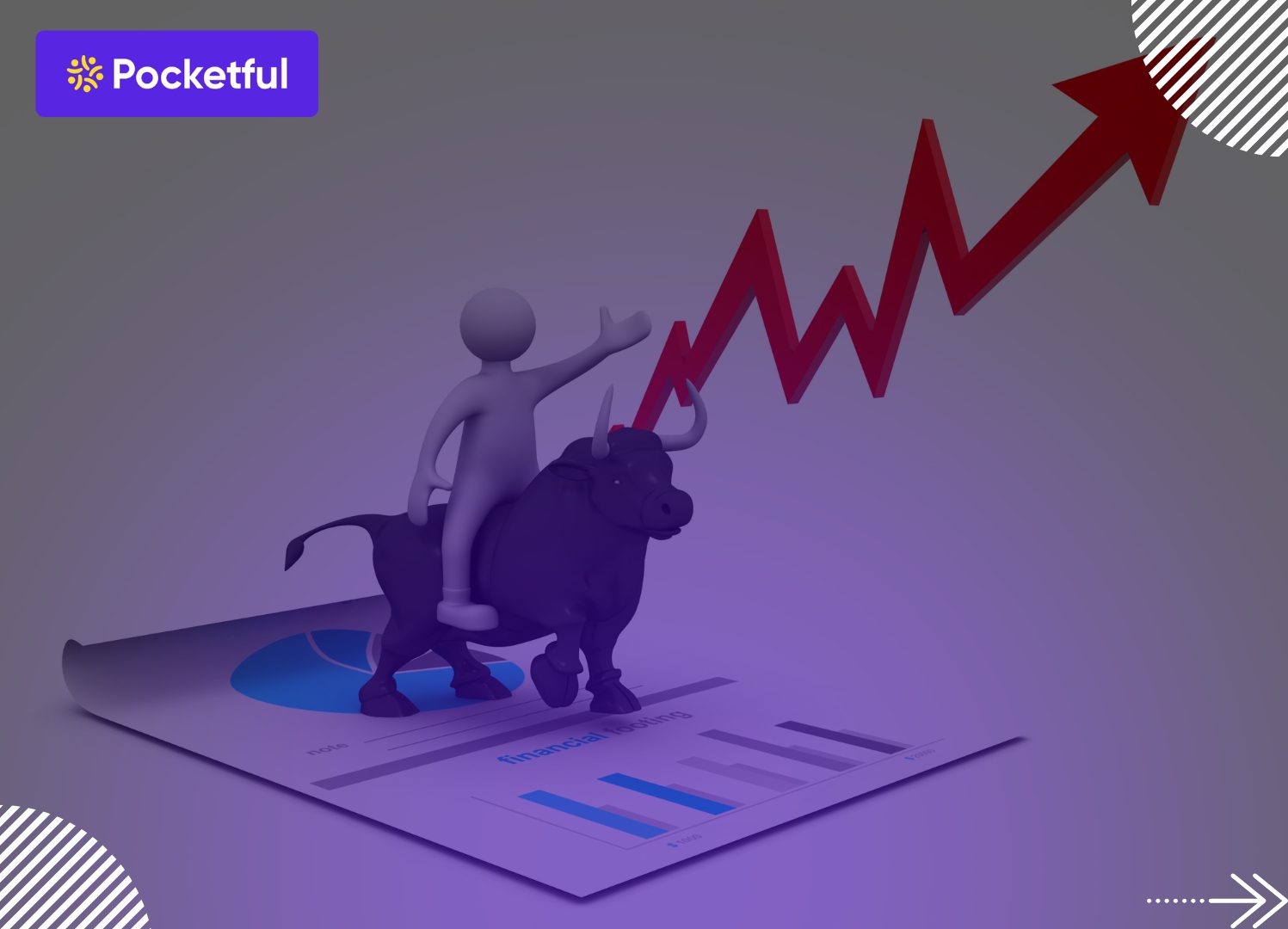To analyse stocks and predict the market movement, there are various factors such as economic indicators, technical tools, global events, company financials, etc. Generally, it is difficult for a retail investor to analyse all these factors at once and make an informed decision. This is where machine learning has emerged as a game-changer by offering powerful tools to analyze complex data patterns and enhance market prediction accuracy.
In this blog, we’ll provide an overview of stock market prediction using machine learning, including its complete process, key advantages, and potential risks involved in applying ML techniques to financial markets.
What is Machine Learning in Stock Market Prediction?
In predicting stock market movements, machine learning helps in various ways through the application of data-driven algorithms that learn from past and present market data to predict future stock price movements. In comparison to rule-based systems, machine learning models can identify complex, irregular patterns and improve with additional data. It has the capability to analyze huge amounts of data quickly and execute trades in milliseconds.
How Machine Learning Helps in Predicting the Market Trend?
Machine learning helps in predicting the market trends by following the below-mentioned process:
- Enter input data: To develop robust models, it is important to enter reliable data, such as stock price data, sentiment scores, P/E ratios, RSI, and moving averages.
- Discovering Non-Linear Relationships: The stock market is not linear by nature. Its actual dynamics are frequently not captured by straightforward linear correlations. Machine learning is excellent at figuring out complex, non-linear relationships between different market variables, which results in predictions that are more precise.
- Data Processing: Machine learning collects the market data such as historical prices, volume, financials, news, macroeconomic events, etc. Based on the collected data, ML algorithms process it into meaningful insights and make decisions based on it.
- Minimising Human Interference: Fear and greed are two emotions that have a big influence on trading choices. Through machine learning models, emotional biases from investment strategies are removed because they only use data and algorithms.
- Real-time Adaptation: ML models can be trained and updated on new data, so that they can instantly respond to changing economic and market conditions.
Benefits of Using Machine Learning for Stock Market Prediction
The significant benefits of using machine learning for stock market prediction are as follows:
- Identifying Pattern: Machine learning algorithms are able to spot complex and unusual trends in past stock data that human analysts may fail to recognise.
- Data Analysis: In order to make well-informed, unbiased trading decisions, machine learning models analyse vast amounts of financial data, including sentiment, company fundamentals, price history, and macroeconomic indicators.
- Efficiency: Traders can take advantage of short-term market opportunities and act more quickly, thanks to machine learning’s ability to process and analyse real-time data in milliseconds.
- Flexibility: Machine learning models are more efficient than traditional methods that depend on rules, as they can continuously learn from new data and respond to changes in the market.
- Emotional Bias: Machine learning models make decisions based on data, thereby reducing emotional bias and enhancing decision-making.
Read Also: What is a good rule for investing in stocks?
Risk of Using Machine Learning for Stock Market Prediction
The key risks of using machine learning for stock market prediction are as follows:
- Data Quality: If the quality of data used by machine learning algorithms is outdated, the predictions based on them can be incorrect and result in losses.
- Lack of Transparency: The machine learning algorithms usually lack transparency, making it difficult for investors to understand the logic behind the executed trades.
- Cyber Threats: Any kind of changes in the ML models by cyber attackers can lead to losses.
- Limited Human Interference: There can be certain scenarios in which human judgement may be required. Due to a lack of human interference, the outcomes can be unfavourable sometimes.
Conclusion
On a concluding note, machine learning has changed the stock market in a very significant manner. Both institutional and retail investors can benefit greatly from machine learning. It can help in analysing raw data from various sources and make informed decisions based on predefined algorithms. However, using machine learning has some disadvantages, such as a lack of transparency etc. Therefore, it is advisable to consult your investment advisor before making any investment decision.
| S.NO. | Check Out These Interesting Posts You Might Enjoy! |
|---|---|
| 1 | The Art of Value Investing: Meaning and Strategies |
| 2 | What is AI Trading? |
| 3 | Stock Market vs Commodity Market |
| 4 | Trading For Beginners: 5 Things Every Trader Should Know |
| 5 | Top 10 Books for Beginners in Trading & Investing |
Frequently Asked Questions (FAQs)
How accurate is machine learning in predicting the trend of stock prices?
Machine learning algorithms can identify the pattern of stock price, but they are not 100% accurate because of unforeseen factors and market conditions.
How can machine learning help in portfolio management?
Machine learning helps in managing one’s portfolio by determining asset allocation, portfolio rebalancing, and predicting the estimated returns in one’s portfolio.
Is it necessary to have a finance background to use machine learning?
No, it is not necessary to have an understanding of finance before using machine learning for predicting stock prices.
Is machine learning available for retail investors?
Yes, retail investors can also use machine learning through AI-powered platforms, algorithmic tools, and robo-advisors.
What type of data is used by machine learning to predict the stock price?
The data such as historical prices, financial ratios, trading volumes, etc., are used by machine learning algorithms to predict the future stock prices.

